Uncertainty
Learning process and design project
DOI:
https://doi.org/10.35305/23626097v8i15.339Keywords:
design, learning, uncertainty, collective construction, projectAbstract
This text deals with a particular concept of design learning: uncertainty. It aims at focusing on its relationship with the learning process and its impact on the project process. It provides a perspective grounded on the teaching and professional experience applied to industrial design. The didactic approach to the concept of uncertainty has to do with different aspects. On one hand, it deals with the long-standing question originated by uncertainty: how to teach. On the other, it puts forward an uncertainty view considering the student or individual who can gain new knowledge. Moreover, the uncertainty approach in the design discipline will be addressed from the design process perspective introducing several questions related to the resolution and materialization of this process which, in turn, implies a very close relationship with the learning process due to its methodological features.
Downloads
Metrics
References
Augustowsky, G. (2009). El saber didáctico y el oficio de enseñar o ¿para qué sirve la didáctica? Conferencia Foro Carrera Docente. FADU, UBA, Buenos Aires, Argentina.
Baquero, R. (1997). Vigotsky y el aprendizaje escolar. Buenos Aires, Argentina: Aique Grupo Editor S.A.
Burgos, C. E. (2009). Artículo Dimensiones epistémicas y cognitivas en la enseñanza de las disciplinas proyectuales. Santa Fe, Argentina: Universidad Nacional del Litoral.
Feldman, D. (2010). Didáctica general. Buenos Aires, Argentina: Ministerios de Educación de la Nación.
Freire, P. (2003). El grito manso. Buenos Aires, Argentina: Siglo XXI.
Litwin, E. (1998). El campo de la didáctica. La búsqueda de una nueva agenda. En E. Litwin y otros (Ed.), Corrientes didácticas contemporáneas (pp. 91-115). Barcelona, España: Paidós.
Mazzeo, C. y Romano, A. M. (2007) La enseñanza de las disciplinas proyectuales. Buenos Aires, Argentina: Nobuko.
Morin, E. (2011). Los siete saberes necesarios para la educación del futuro. Barcelona, España: Paidós.
Munari, B. (1983). ¿Cómo nacen los objetos? Apuntes para una metodología proyectual. Barcelona, España: Gustavo Gili.
Schön, D. (1992). La formación de profesionales reflexivos. Hacia un nuevo diseño de la enseñanza y el aprendizaje en las profesiones. Barcelona, España: Paidós.
Sennet, R. (2009). El artesano. Barcelona, España: Anagrama.
Steiner, G. (2007) Lecciones de los maestros. México D.F, México: Fondo de Cultura Económica. Tezontle.
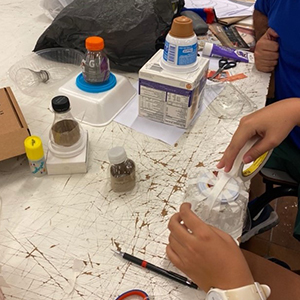
Published
How to Cite
Issue
Section
License
Open access policy
A&P Continuidad is a non-profit and open access publication. According to Mexico Declaration on Cultural Policies, the journal distribution is submitted to Creative Commons Attribution-Noncommercial-ShareAlike 4.0 International Public License (CC BY-NC-SA). “Neither the commercial use of the original work nor that of the possible derivative works are allowed. The distribution of derivative works should be submitted to the license regulating the original work. This license is not free.”
A&P Continuidad authorizes the partial or full reproduction of texts and graphs provided that the source is cited. Authors are exclusively responsible for the criteria expressed in the articles which do not necessarily reflect the opinion of the Editorial Committee or that of the Direction Board. The copyright of the published articles pertains to their authors or publishers.
Transfer of rights
The acceptance of an article to be published implies the author’s transfer of rights to the journal. Authors continue to have the right to use the material in future books or publications, approve or veto the republication of their works as well as the rights related to patents or other rights. Transfer of rights form may be downloaded here.



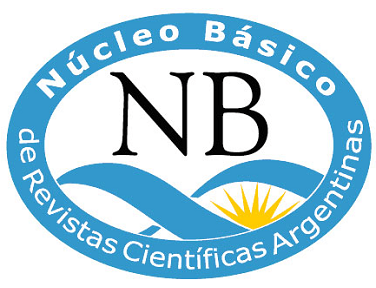


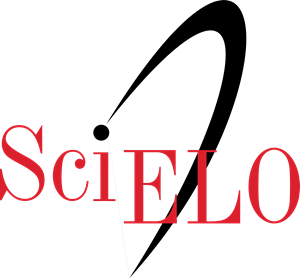



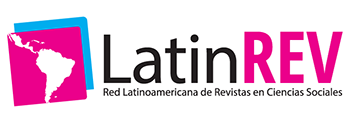

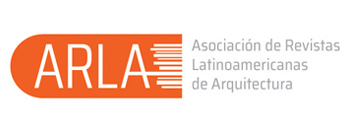
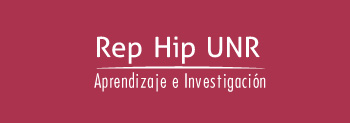


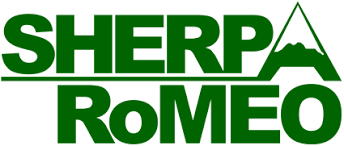
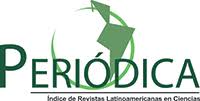








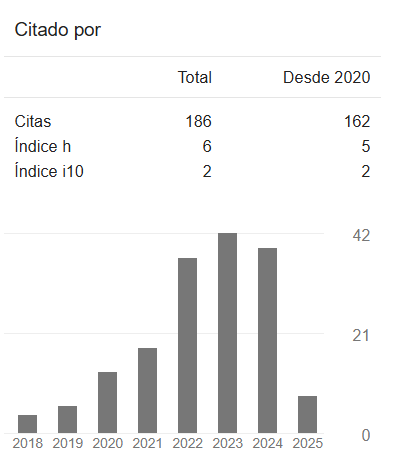


 This OJS site and its metadata are under a
This OJS site and its metadata are under a 

